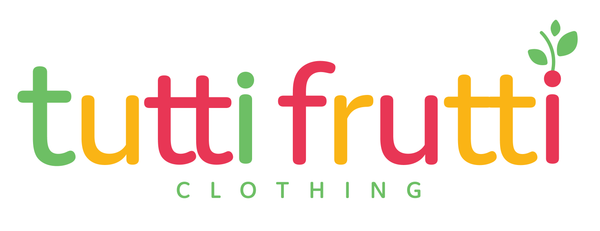Why Not All Organic Clothing is Good
You might think that by buying only organic cotton clothes you are doing the best thing you can for the planet. And in some ways you are.
But not all organic clothes are created equal – and sometimes the organic clothes you buy are actually damaging the planted. Perhaps not as much as their conventional cotton counterparts – but not all organic clothing is good for the planet.
Firstly, what is organic cotton?
Organic cotton is grown using farming practices that not only protect the planet and the environment but also try to protect it. By not using any bad chemicals, pesticides or fertilisers the soil is better protected and farmer can use the land to grow other crops and not just cotton.
Organic cotton is also grown using less water – which of course, is much better for the planet too.
But just because something is made with organic cotton doesn’t always mean it is good for the planet.
Here are a couple of other things you need to take into consideration when trying to buy truly ethical and sustainable clothing.
The quantity of clothing produced
For something to truly be good for the planet it needs to be created with the planet in mind.
H&M, supermarket brands and other large global companies often create clothing in such large quantities that any good they do by using organic cotton is outweighed by the fact that our planet cannot cope with such vast amounts of fashion being produced.
At Tutti Frutti I make things in small batches. Not only does this create less fabric waste but it means I am not left with huge quantities of unsold clothing left over.
Big brands with left over products don’t always dispose of their clothing in a sustainable way.
Unwanted clothing can be sent to countries like Africa where they are dumped in landfill and forgotten about.
They way the brand treats its worker
Every single brand these days is aware of the need to have a sustainability policy. But just having a policy doesn’t make it a sustainable brand.
BooHoo for example recently took part in a panel at a recent fashion trade show where they were discussing ethical practises.
But it has been discovered that BooHoo pays its garment workers – who are based in Leicerster, UK – less than £3.50per hour. This is far far below the legal minimum wage and is a dreadfully unethical practise.
And other big brands do similar. They might have a sustainability policy on their website, they might claim to be ethical but in reality they treat their garment workers appallingly.
But Ali, what can we do?
It sound really daunting, doesn’t it? BUt we need to work together to ensure that the clothes we buy really are good for the planet - especially as we can't just reply on an "organic cotton " label.
Firstly, look form an official certification like the Global Organic Textile Standard, which not only guarantees the cotton really is organic but also makes sure every single worker along the way is treated fairly too.
READ MORE:
How To Buy Ethical and Sustainable Children’s Clothes – Tutti Frutti Clothing
Why Tutti Frutti Clothing is not a certified organic brand
And secondly, ask questions.
If something looks too good to be true – it usually is!
How can H&Ms organic cotton range be so much cheaper than one from an ethical manufacturer like Toby Tiger? Ask that question!
It costs money to produce clothing and if a brand pays a fair wage, looks after their worker - both in the UK and abroad - and isn’t driving down costs to make a huge profit – then it is likely that the clothing produced will be more expensive.
If it is cheap then someone along the way is paying the price.
Just remember, clothes that are better for the planet are so much more than just being made from a more sustainable fabric.
